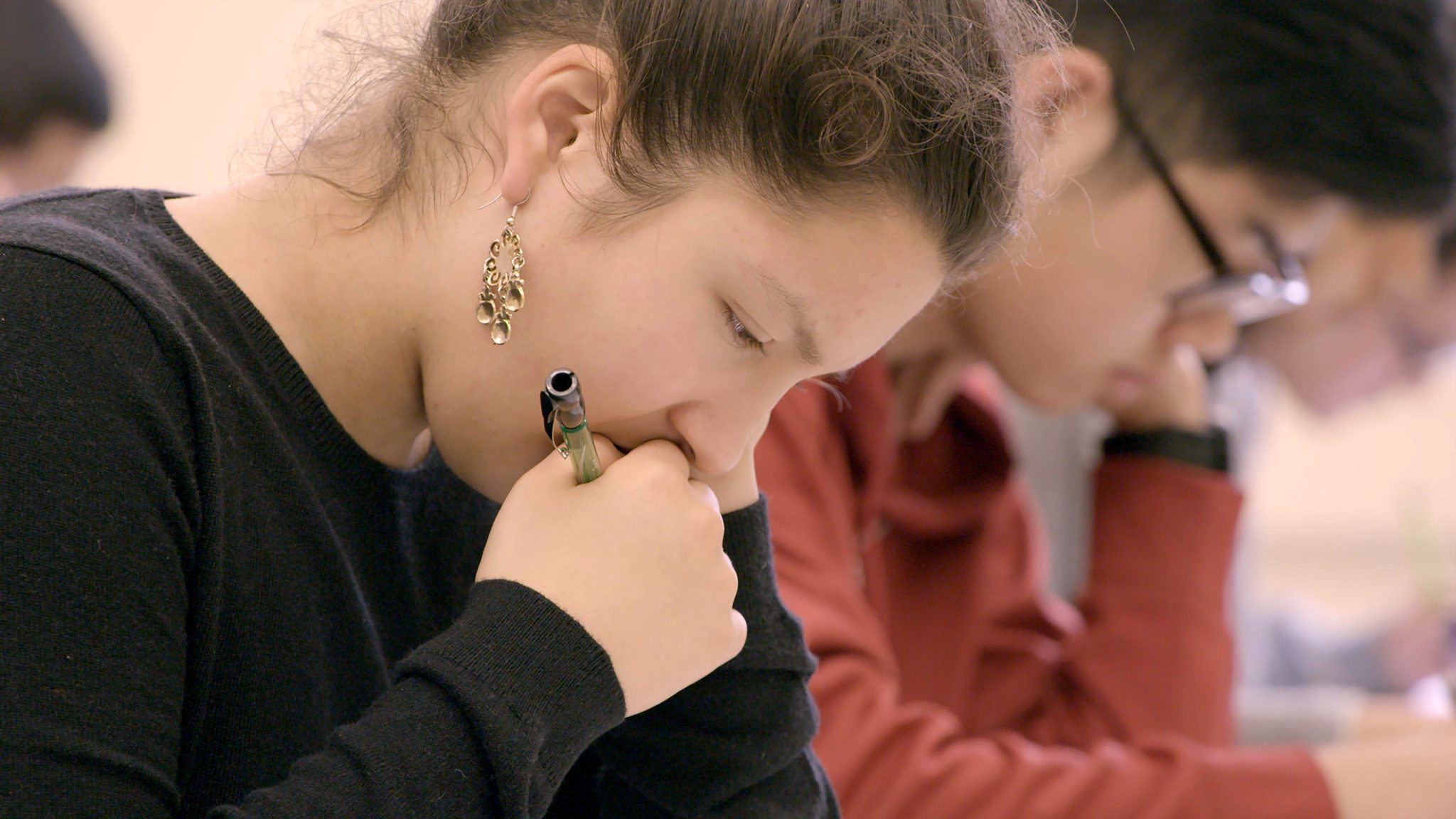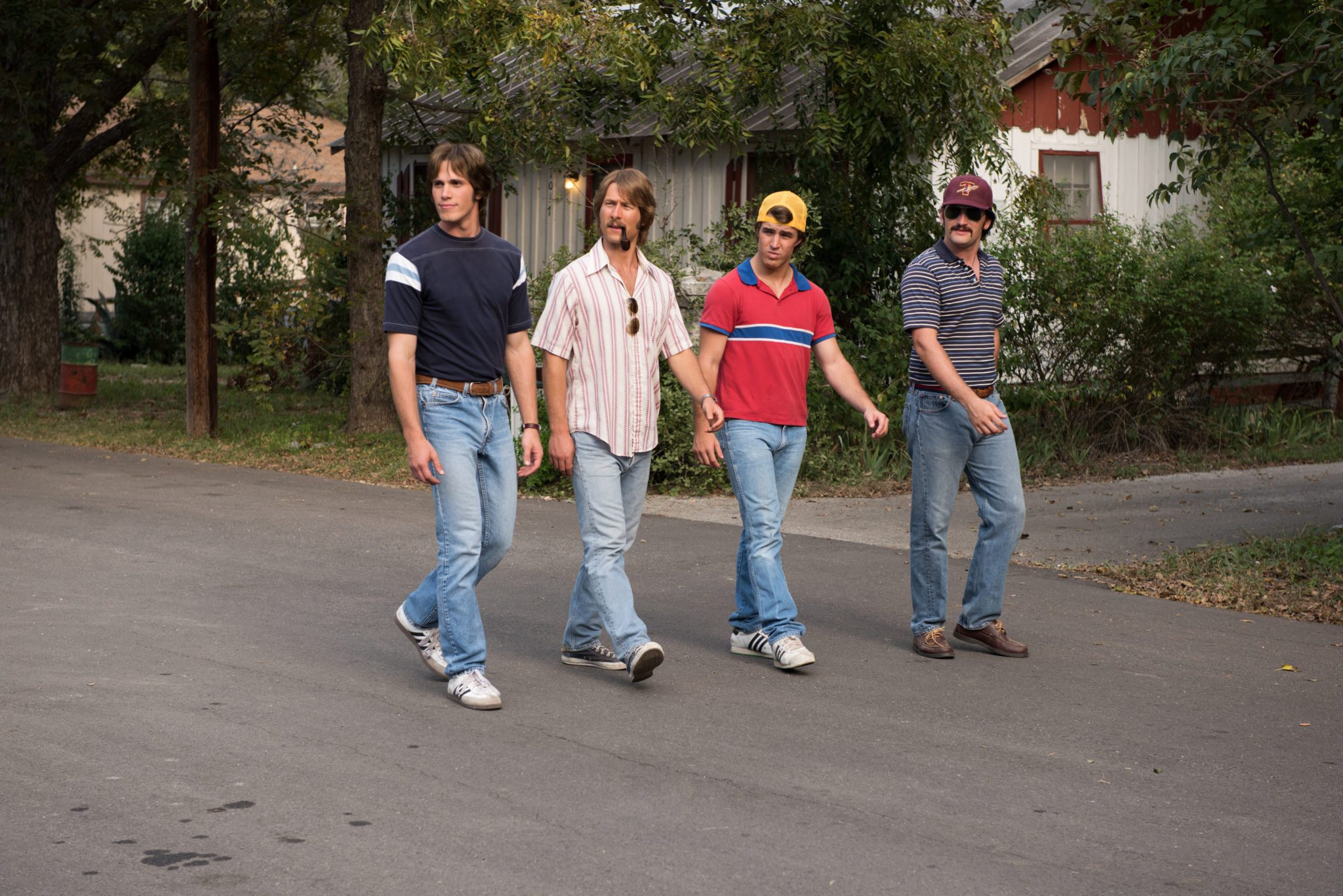
Faith & College
How are things going on college campuses these days? What issues do college aged people face? What do they value? Is Christianity still a viable option for Zoomers? As our country becomes more post-Christian and pluralistic, what does the gospel even look like in a campus setting? In this episode of the Your Sunday Drive…




